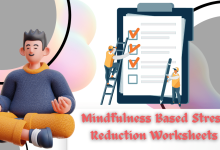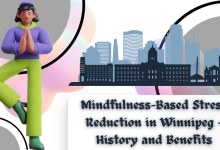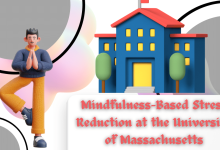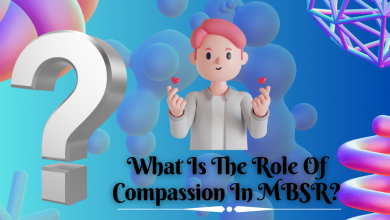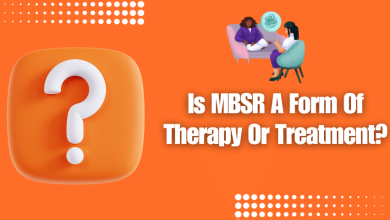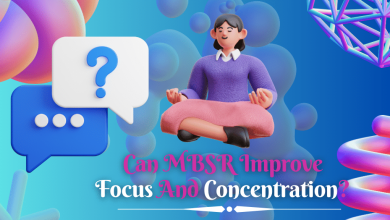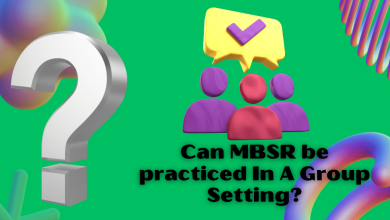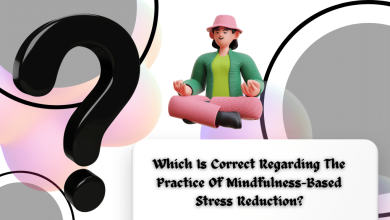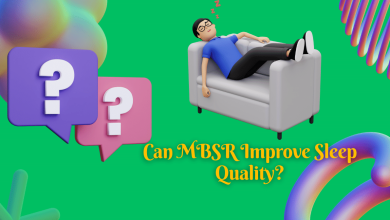What Are The Issues With MBSR? Quick Answer
While MBSR has been shown to be effective in reducing stress and improving mental health, there are also some issues with the program that are worth discussing.
Different Issues With MBSR
Here, we will be discussing the issue with MBSR and also provide some backup information for it.
1. Difficulty
One issue is that MBSR can be difficult for some people to practice consistently, especially if they have busy schedules or find it hard to focus during meditation.
2 . Not Effective For Everyone
Another issue with MBSR is that it may not be effective for everyone.
For example, people with severe mental health issues or trauma may not benefit from the program, and it may even exacerbate their symptoms.
In these cases, it’s important to work with a mental health professional who can provide more specialized treatment.
3. Positive Or Negative Belief
Additionally, some people may find that MBSR reinforces certain negative attitudes or beliefs.
For example, if someone believes that their stress is caused by external factors that they can’t control, practicing mindfulness may not be helpful for them.
They may need to address the root causes of their stress through other means, such as therapy or lifestyle changes.
Despite these issues, there are many examples of people who have benefited from MBSR. One such example is a study conducted by researchers at the University of Massachusetts Medical School.
The study found that MBSR can be effective in reducing anxiety and depression in people with chronic pain.
However, the effectiveness of MBSR may also depend on the experience and skill of the instructor.
In a study published in the Journal of Alternative and Complementary Medicine, researchers found that the quality of the instructor’s training and experience was a key factor in determining the effectiveness of the program.
4. Not Accessible To Everyone
Another issue with MBSR is that it may not be accessible to everyone.
The cost of attending a class or workshop can be a barrier for some people, and not everyone has access to a trained instructor in their area.
This is especially true for people who live in rural or remote areas, where mental health services may be limited.
Furthermore, MBSR is often presented as a standalone treatment, rather than as part of a larger mental health plan.
This can be problematic, as mindfulness techniques may not address all of the underlying issues contributing to someone’s stress or anxiety.
For example, someone with financial stress may benefit more from financial counseling than from practicing mindfulness.
It’s also important to note that practicing mindfulness can be challenging for some people, especially those who have experienced trauma or have a history of mental health issues. In some cases, mindfulness techniques may even trigger anxiety or panic attacks.
In these cases, it’s important to work with a mental health professional who can help you navigate these challenges and provide appropriate support.
Despite these issues, there are many ways to address the limitations of MBSR. For example, some organizations offer free or low-cost mindfulness programs for people who can’t afford to attend a class or workshop.
Additionally, online resources and apps can make mindfulness techniques more accessible to people who live in remote areas or have busy schedules.
In conclusion, while MBSR has shown promise as a tool for reducing stress and improving mental health, it’s important to be aware of its limitations and potential drawbacks.
The program may not be effective for everyone, and it’s important to work with a mental health professional to determine whether it’s an appropriate treatment option for you.
